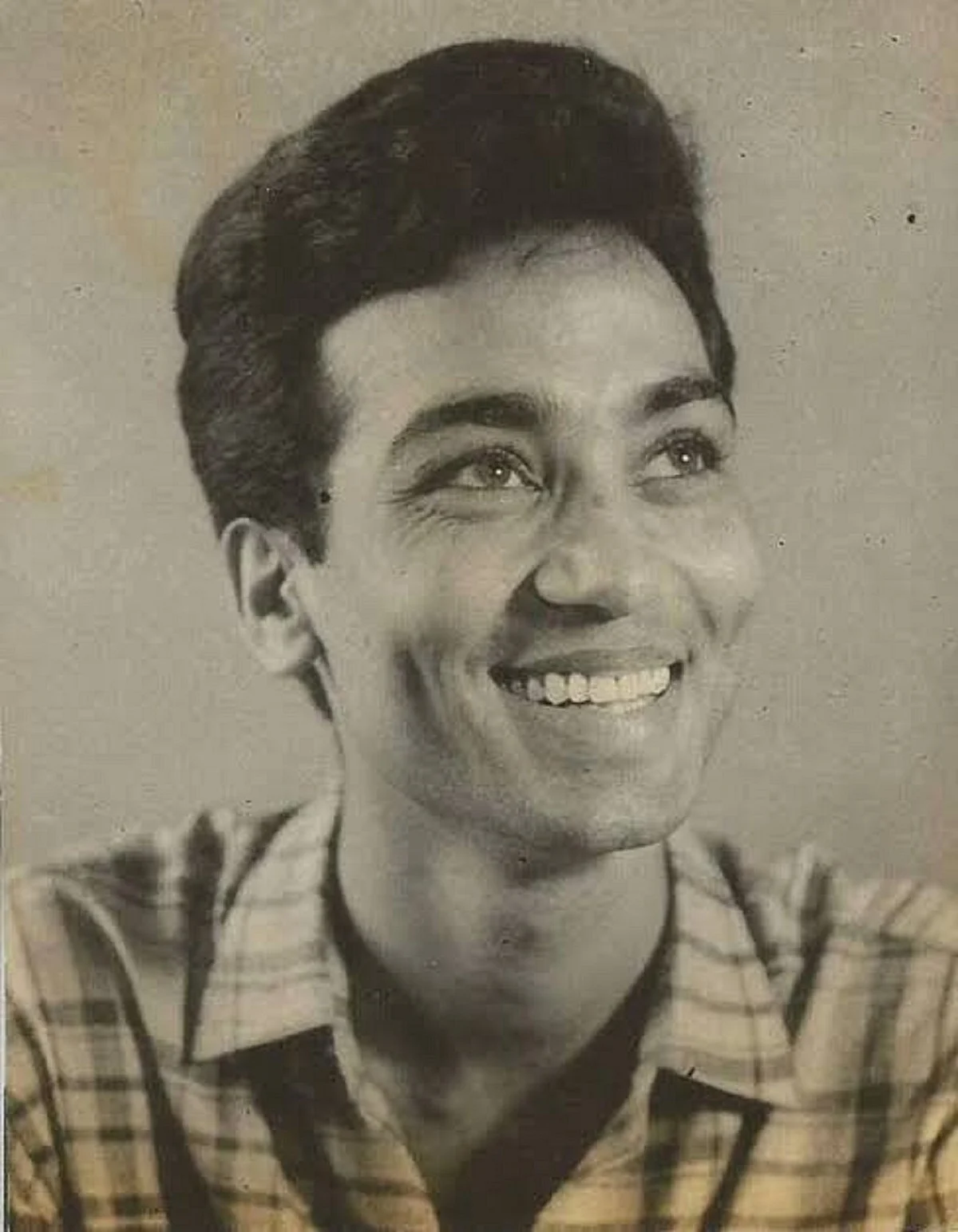Remembering Bhupinder: The philosophical voice
Bhupinder Singh lived life on his own terms. He also sang the songs of life on his own terms. A singer and his songs that truly transcended stardom

Some deaths come as a jolting reminder of the incessant march of time. Reading about the passing of singer-guitarist-musician Bhupinder Singh on July 18, I still haven’t been able to reconcile with the fact that he was 82. Perhaps because the voice that sang “Rut jawan jawan” for composer Khayyam in the film Aakhiri Khat has itself remained eternally young in one’s mind through the memorable songs.
It also seems just yesterday that my group of friends used to have passionate arguments about his distinctive voice. Loyal that I was to the mellow, lilting musicality of Mohammed Rafi and the sonorous flamboyance of Kishore Kumar, the sound of Bhupinder Singh felt way too divergent for the expectations built up from Hindi film playback singing. Did it have the soft romance of Hemant Kumar or the delicate, velvety pain of Talat Mehmood? Wasn’t his voice too dense and heavy to suit a Hindi film hero? Wasn’t it dripping searing melancholia and the moody blues? Like a Manny Dey, Bhupen Hazarika or Yesudas, Bhupinder Singh couldn’t fit into a defined mold for us ordinary listeners back then and, quite like it has been with Dey and Hazarika , one has learnt to appreciate Bhupinder’s musical appeal with time, as one has matured oneself.
“His voice with its deep texture and resonance was God’s gift with which he was able to create a place for himself in the industry. There was a unique timbre and unmatched quality to his singing,” says Pavan Jha, an authority on film and music. No one could sing a Bhupiji (as he was popularly called) song like him.
For all the limitations thoughtlessly ascribed to him, Bhupinder Singh, who trained under his own father, vocalist and music teacher Natha Singh, worked with a wide range of musicians—Khayyam, Madan Mohan, Jaidev, RD Burman. The voice (declared unvarying by some) had the virtuosity to span across a wide variety of styles and his own training and deftness in guitar and violin helped bring a touch of Western, modern instrumentation to the tradition of ghazal gayaki. “There was wide canvas to his talent,” says Jha.
While his less celebrated calling—playing the guitar—brought the youthfulness alive in songs like “Dum maaro dum” (Hare Rama Hare Krishna) and “Chura liya hai tumne jo dil ko” (Yaadon Ki Baaraat), the songs he himself sang spoke of the angst and sadness and dilemmas and existential crises that are better appreciated with age.
They are philosophical than poetic, a companion and ally in facing the vicissitudes of life. And his voice has been an ideal vehicle for the profundity to ride on. He lent them the right gravitas and moodiness. The need to pause in the rush of life in “Dil dhoondhta hai phir wahi” (Mausam) is communicated by him with just the right lassitude and languidness. Only he could have evoked desolation and alienation the way he did in words like “Din khali khali bartan hai, aur raat hai jaise andha kuan” in “Ek akela is sheher mein” (Gharaunda), a song about an immigrant’s search for finding a footing in a megapolis.
There is the sense of anticipation amidst cynicism in “Zindagi mere ghar aana” (Dooriyan) and hope despite the overwhelming fickleness and frailties of life in “Zindagi cigarette ka dhuan” (Faslah). There is the acceptance of imperfections in life and the fact that not everything is quite in your grasp in “Tere Jahan mein aisa nahin ki pyaar na ho, Jahan umeed ho iski wahan nahin milta; Kabhi kisi to muqammal Jahan nahin milta” (Ahista Ahista). The ache of remembrance runs deep in “Karoge yaad to har baat yaad aayegi” (Bazaar) as does the lingering love and longing in “Kisi nazar ko tera intezaar aaj bhi hai” (Aitbaar). He underscores frugality beautifully in the duet with Lata Mangeshkar “Thodi si zameen, thoda aasman” (Sitara).
Then there’s the song that celebrated love in the midst of war, “Hoke majboor mujhe usne bhulaya hoga” (Haqeeqat). It was the song that got Bhupinder Singh the big break in the industry, the song in which his supposedly “atypical” voice blended wonderfully with that of Rafi, Talat and Manna Dey in an iconic chorus.
In the midst of all the seriousness in his songs, rests the playful repartee with Suresh Wadkar in “Huzoor is kadar bhi na itra ke chaliye” (Masoom). Kinara’s “Naam gum jaayega” with its line “meri awaaz hi pehchaan hai” might be life’s summation for Lata, RD and Bhupinder Singh but for me the film boasts of the most favourite Bhupiji song, “Ek hi khwaab kayi baar dekha hai”. A song that is a conversation, a recitation; read and acted as much as sung. It’s a rare voice performance.
Despite this kind of an oeuvre, did Bhupinder Singh remain one of the underrated talents, who moved on from the limelight of films to private albums, mehfils and concerts? Is he getting celebrated more on his demise and glossed over when he was still around? Jha thinks that a lot of it had to do with his own personality. He was easy-going in his attitude than cut-throat competitive. He was honest to the core, always expressing gratitude for people like Jaidev and Madan Mohan who “made” him. He had few but firm friends in the industry and an aversion for chasing name and fame. Bhupinder Singh lived life on his own terms. He also sang the songs of life on his own terms. A singer and his songs that truly transcended stardom.
Follow us on: Facebook, Twitter, Google News, Instagram
Join our official telegram channel (@nationalherald) and stay updated with the latest headlines